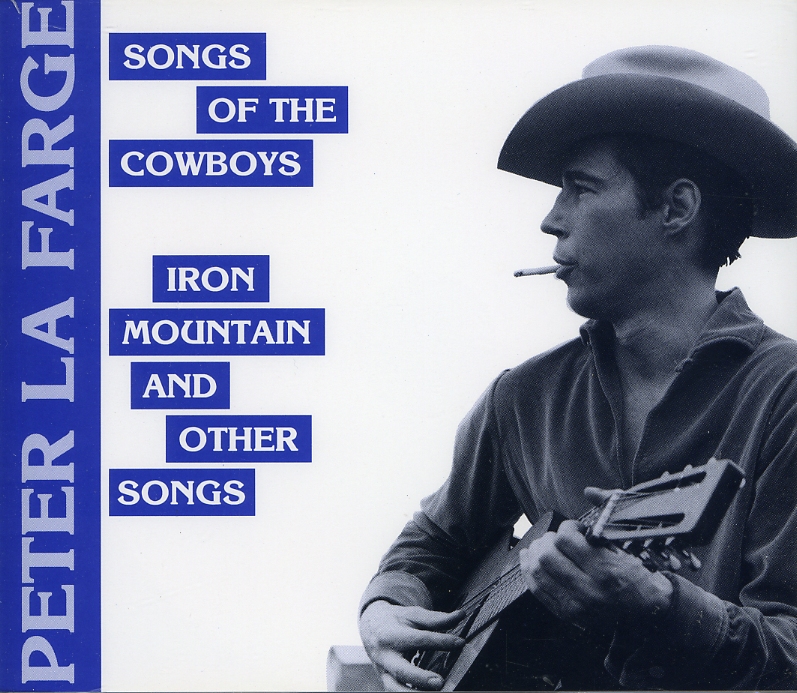
description
4Synopsis: Charles Simeon ministered for over fifty years in one parish at the heart of Cambridge during the bleak period of English national life between the French Wars and the passing of the Reform Bill. He was considered by Lord Macaulay to have had greater influence on the life of the church than any primate. Soundly converted in his first term at King's College, he was appointed Vicar of Holy Trinity in 1782, combining the incumbency with a Fellowship and various academic posts. Highly unpopular at first on account of both his message and his manner, scorned and abused for many years, he carried on regardless of other's opinions until in the end he became perhaps the best known and best respected name in Cambridge. Hot-tempered but warm-hearted, impetuous but infinitely patient, a man of imposing, even remarkable appearance, he was a "character," about whom the most entertaining stories are eagerly recounted. As a Christian of independent mind and strong convictions, he found his spiritual strength in a lifetime of deep devotion and strict personal discipline; as a biblical preacher he was the first for many generations to see the possibility and importance of teaching men how to expound the Scriptures; as a pastor and evangelist his work with both town and gown was marked by a rare faithfulness and zeal. Limited all his life to the one center of spiritual activity, he yet was the moving spirit in the formation of the Church Missionary Society, and an enthusiastic supporter of the Bible Society and of work among the Jews. Endorsements: "A brilliant biography. I can only think in superlatives . . . this book will be the definitive biography in any conceivable future." -Max Warren Author Biography: Hugh Evan Hopkins was educated at Haileybury and Emmanuel College, Cambridge. Converted during his first year, he became President of the University Christian Union in 1930. After ordination he served as a missionary in South India and later spent three years in evangelistic work in the British universities. During World War II, he was Vicar of churches in Redhill and Durham before being appointed in 1947 Provost of Nairobi Cathedral, Kenya. On returning to England, he was successively Rector of St. Mary-le-Bow, Cheapside and Rector of the Parish Church of Cheltenham. He was made Honorary Canon of Gloucester Cathedral in 1960. In Cheltenham his interests included the work of the Samaritans, of which he was Director, and the Colleges of Education, of which he was Chairman of the Governors. His other books include Henceforth, The Mystery of Suffering, and Morning and Evening Prayer.
member goods
No member items were found under this heading.
Return Policy
All sales are final
Shipping
No special shipping considerations available.
Shipping fees determined at checkout.







